Public
Ecovia Intelligence Events
Ecovia Intelligence Locations
Ecovia Intelligence News
Ecovia Intelligence News - pdf
Ecovia Intelligence Videos
If this is your company, CONTACT US to activate Packbase™ software to build your portal.


The second Sustainable Cleaning Products Summit hosted in Paris a few weeks ago, highlighted some of the sustainability shortcomings in the detergent and cleaning product industries.
Summit participants called for greater attention to green formulations, packaging and consumer behavior.
The summit opened with an opening address by Professor Dr. Michael Braungart, co-founder of McDonough Braungart Design. He said that if detergent companies were serious about sustainability, they need go beyond ‘efficiency thinking’ and incremental reductions in impacts. He called for products to be designed so their materials can be re-used at the end of their lives. Method, Frosch, and Ecover were cited as examples of brands following this Cradle-To-Cradle design approach.
Jürgen Stichling from ThinkStep highlighted the importance of sustainability metrics. By undertaking life-cycle analysis (LCA), he showed how the carbon footprint of detergent raw materials could be measured. He encouraged companies to use LCA to create eco-friendly detergents.
With concerns about sustainable sourcing of palm oil, Jessica Custer from Fairtrade USA made the case for sustainable coconut oil. The organisation is creating sustainable supply chains for fairtrade coconut oil by working directly with growers in the Philippines. Ecover, arguably the greenest cleaning brand in Europe, shared its experiences with metrics.
According to Tom Domen, the company has ‘a risk-based’ approach to using metrics. Its priorities are human health and environmental health when creating home care products. Dr. Nadereh Afsharmanesh from the American brand Earth-Friendly
Products said it has a similar approach when designing its ecological products. The brand is carbon neutral, water neutral and zero waste.
In a dedicated workshop, Peter Malaise of Meta.Consort Partnership discussed the thorny subject of sustainability in detergents. He questioned the concept of sustainable surfactants, and whether such products actually existed. According to Malaise, a sustainable surfactant needs to be ecologically responsible, socially equitable and economically fair.
With most cleaning product companies focusing on environmental aspects, there was a call to address consumer impacts. Kirsi Maria Laitala from Consumption Research Norway said that washing machine technology and detergent performance had improved tremendously over the last two decades, however consumer behaviour was lagging behind.
Major consumer issues were detergent overdosing, washing temperatures and to make it easy for consumers to buy green home care products, Coop Denmark said that it has launched such products under its Anglamark private label. The supermarket chain said that it worked with experts to identify and phase out a “dirty dozen” of chemicals from its home care & personal care products.
Riikka Poukka from Deloitte said there was an opportunity for home care brands to engage with consumers more. She called for brands to be more active in communicating their green initiatives to customers.
The issues of consumer behaviour, green formulations, sustainable packaging and social value will be further explored in the next Sustainable Cleaning Products Summit, hosted in New York City on May 2-3rd.
About the Sustainable Cleaning Products Summit
Organised by Organic Monitor, the aim of the Sustainable Cleaning Products Summit is to advance sustainability in the detergents industry by debating key issues in a high-level forum. The second edition was hosted at the Paris Marriott Champs-Elysées on 26-27th October.
The premier North American edition will be hosted in New York on 2-3rd May 2017.
More information is available from www.sustainablecleaningsummit.com







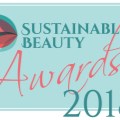






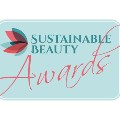

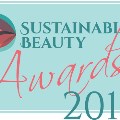

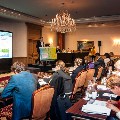

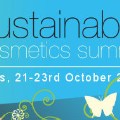









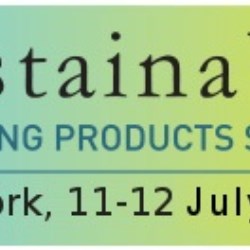
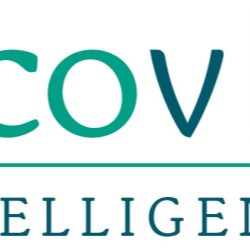
.jpg)


